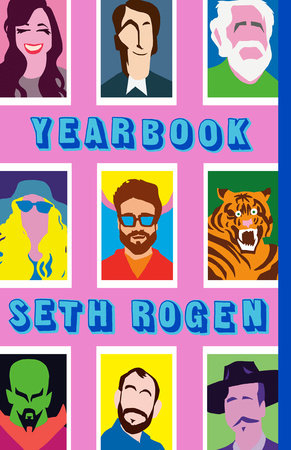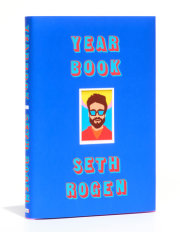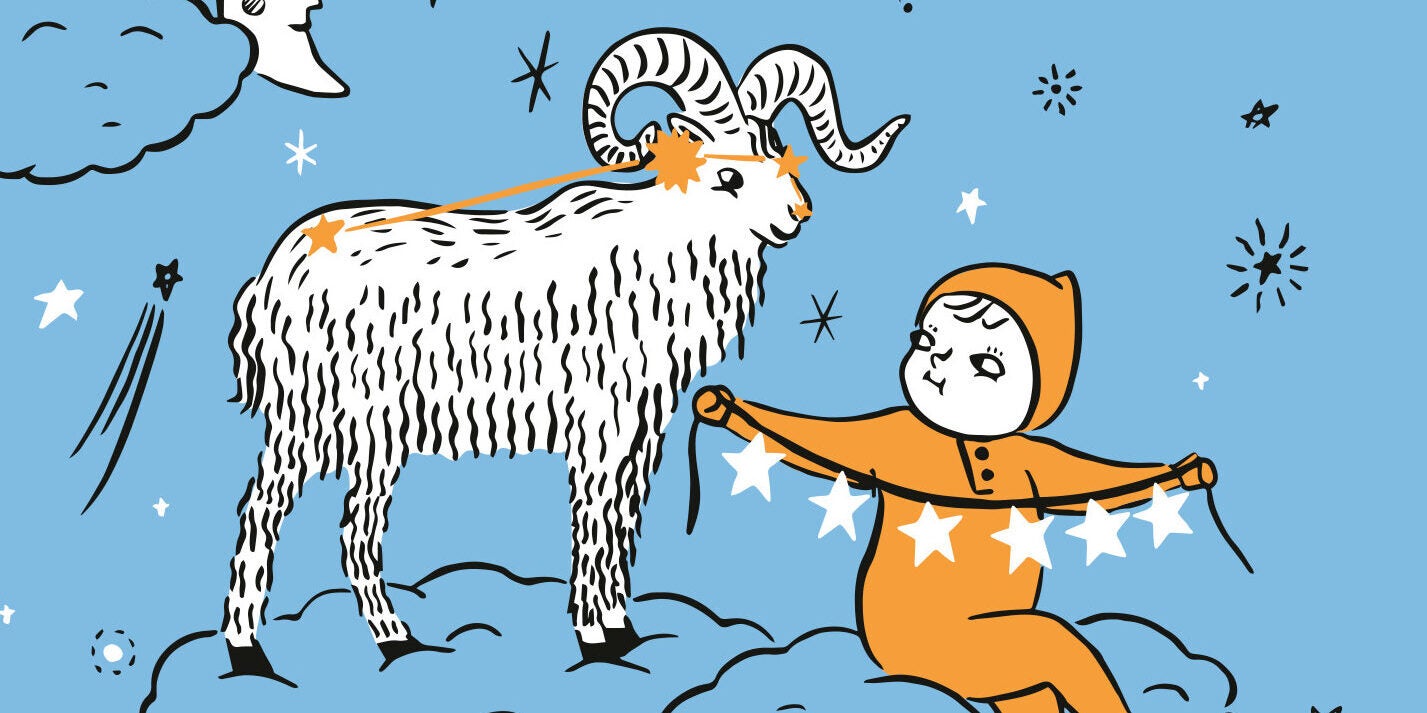Chapter 1Bubby and ZaidyI wanted to try stand-up comedy. I imagine if most twelve-year-olds told their parents something like that, they’d be met with a healthy dose of skepticism. F***, if a thirty-year-old told me they wanted to try stand-up comedy, I’d probably do my best to talk them out of it.
Which makes it even more incredible is that not only did my parents not scoff at the notion of it, they looked in the local paper and found a stand-up comedy workshop to enroll me in.
I loved comedy growing up, I think, because my parents loved comedy. They would watch SCTV; Billy Crystal’s stand-up; Ghostbusters; Ferris Bueller’s Day Off; Planes, Trains and Automobiles; Uncle Buck; Home Alone; Coming to America; Big; Who Framed Roger Rabbit; Back to the Future; The Breakfast Club; When Harry Met Sally; What About Bob?; and they would just laugh their f***ing asses off, and I would laugh my f***ing ass off, and if people were doing this for a living, then I was gonna try to be one of those people.
The workshop was simple enough: You’d spend a day learning the basic concept of stand-up joke writing, write a few jokes, and then, that night, you’d go to the Lotus Club, a local lesbian bar with what in retrospect was a very vaginal flower painted on its awning, and perform your jokes for the lesbians. My mother dropped me off outside; I walked into the class and, not surprisingly, was the only kid—the first of about a thousand rooms that I would walk into over the next decade where that was the case. I’ve been the youngest person in the room a lot of my life. There’s something nice about having aged into my job. But still, I miss those days, because when you’re young, the bar for accomplishment is so low, no matter what you do, it’s pretty impressive. If you’re young enough, just walking is considered a huge deal. My friends are thrilled when their kids don’t shit all over their floors. As an adult, I get little to no praise for doing the same.
The teacher, a working stand-up comic named Mark Pooley, who looked exactly like Garth from Wayne’s World, took the stage.
Mark: Nobody wants to hear about what you like. There’s nothing less funny than hearing about the stuff you have fun doing. Fun isn’t funny. Comedy is pain. It’s struggle. So, when thinking of what to write about, don’t ask yourself, “What’s funny to me?” Ask yourself, “What bothers me? What frustrates me? What do I wish I could change? What can I just not f***ing stand?!”
One answer popped into my head. At that point in my life, there was really only one answer: my grandparents.
I didn’t get along great with them back then. Their real names were Faye and Kelly, but I knew them as Bubby and Zaidy. Their last name was Belogus, which is by all means a hilarious last name. I remember being thirteen, hanging out at a friend’s house, and telling him that my mother’s maiden name was Belogus. His nine-year-old brother cackled loudly from the other room. “Sounds like ‘Blow Us’!”
It sure does, I thought. It sure does.
When I was younger, Bubby and Zaidy just didn’t seem that into me. I got the impression they liked my older sister, Danya, more than me, mostly because their words and actions made it wildly clear that they did. They were just nicer to her, which didn’t really bug me that much, because I didn’t love spending time with them.
They were simultaneously tough and eccentric. My grandmother was born while her family was in a caravan fleeing Poland as World War I was breaking out. She got to pick her own birthday when she was a little girl because her parents didn’t know her real one, which is some real Depression-era shit. How rough was Poland for Jews at that time? So rough that when they arrived in Winnipeg, a city in Manitoba that has swarms of mosquitos throughout the summer and debilitating ice storms throughout the winter, they thought, This place is f***ing great! Let’s stay here. My grandfather was born in Winnipeg. One of three brothers (the others named Curly and Pinky), he played professional football in the CFL and lied about his age to go to war. When I was about six, we were on a family vacation in Palm Springs and I cracked my toenail when I stubbed it in the pool. My grandfather said he would fix it, and then ripped off the entire nail. We had to go to the hospital.
I didn’t really start spending a lot of time alone with my grandparents until I was ten and my sister was thirteen and getting ready for her Bat Mitzvah. She had to attend services every Friday, and I did not want to do that, so my parents would drop me off at my grandparents’ apartment to hang out for a few hours while they went to synagogue with my sister so she could pretend to pray.
Every Friday night would play out the same. I would plant myself on Zaidy’s La-Z-Boy and turn on “TGIF,” ABC’s Friday-night programming, which consisted of Family Matters, Step by Step, and Hangin’ with Mr. Cooper, which are all shows that are, by any definition, f***ing dope as f***.
My grandparents would make me a turkey sandwich on challah bread and pour me a glass of chocolate milk, and then sit with me as they tried their hardest to follow what the f*** was happening on these shows.
Zaidy: Who’s that guy?
Me: He’s the dad.
Bubby: Who’s the dweeby one?
Me: That’s Steve Urkel.
Zaidy: And what’s that? A robot (pronounced “roe-bit”)?
Me: Yes, Steve Urkel built it.
Bubby: What’s the roe-bit doing now?!
Me: It’s pretending to be Steve to trick the girl he likes into hooking up with him.
(This show has not aged well.)
Zaidy: Steve Snorkel?
Me: URKEL!
Zaidy: And what’s the show called?
Me: Family Matters.
Zaidy: Family Bladders?
My grandfather worked in the engine room of a battleship in the Royal Navy during World War II, and as a result, was more or less deaf. He loved being in the Navy. He talked about it like most guys talked about their fraternity years. They would hang out, smoke cigars, talk shit, all while floating in thousands of tons of metal around the war-torn Horn of Africa. He arrived at Normandy on D-Day Plus One, but his favorite story was about figuring out that if you broke your rationed rum bottle after drinking it, you could say you broke it before and get a double ration. Anyway, he was deaf.
Zaidy: Family Crappers?
Bubby: He’s saying Family Campers!
Me: No! I’m saying Family MATTERS!
Bubby: Stop yelling!
Zaidy: Who’s yelling?
Me: YOU’RE YELLING!
This would play out for about two hours straight, and as maddening as spending time with them was, I couldn’t help but think they were entertaining.
Because they grew up in the Depression, they would steal EVERYTHING. Every time we went to McDonald’s, they would empty the napkin dispenser and put them in a giant box that my grandfather kept in his van. If we were out at dinner and you heard my Bubby say, “Oh, this is a nice plate,” you knew the next time you ate at their place, you’d be eating off that plate, because she straight jacked that shit. Knives, forks, you name it, they swiped it.
Another thing I noticed was that my grandmother kind of had a wispy white Afro that, when the light hit it, became see-through, leaving you with a VERY good idea of what my grandmother would look like if she was completely bald. And . . . it was horrifying.
I wrote three jokes about Bubby and Zaidy that followed the basic structure we were taught: Say the premise or the thing you don’t like; say why you don’t like that thing by making a humorous observation; then do an “act out,” an impression of the target of the joke, bringing it all together.
My grandparents were hard to impersonate, so I thought I’d just go with a generic “old Jewish person” voice. It was a safe but ultimately good call.
The night came, and my turn to take the stage was fast approaching. I honestly don’t remember being that nervous, probably because I was twelve f***ing years old and wasn’t even mature enough to be nervous. I’ve definitely gotten more in my head as I’ve gotten older and marvel at how I used to just barrel into these situations without much fear or anxiety. Kids can do that. It’s like those very young Chinese acrobats you see, flinging their little bodies in the air, being thrown around, completely unaware of the stakes. If those kids knew what a torn ACL was, they wouldn’t be letting those motherf***ers toss their little asses around like that. And if I had known the pain and shame that goes along with putting yourself out there creatively and being rejected, I probably wouldn’t have been so excited. But I didn’t, so I was.
I took the stage. The lesbians’ eyes locked on me.
“So . . . people ask me what the hardest part about being Jewish is. The persecution? The repeated attempts at systematic annihilation? Nope. The hardest part about being Jewish is . . . the grandparents.”
They laughed. And thank f***ing god they did, because if they didn’t, I’d be one very frustrated video-game-store employee right now. I continued.
Copyright © 2021 by Seth Rogen. All rights reserved. No part of this excerpt may be reproduced or reprinted without permission in writing from the publisher.







